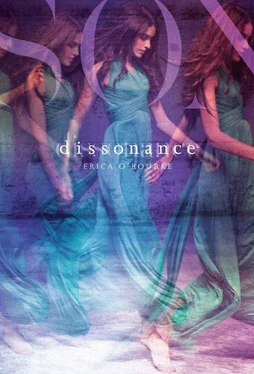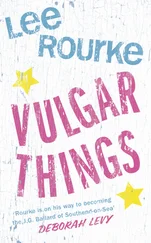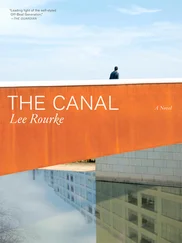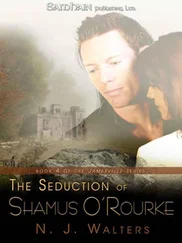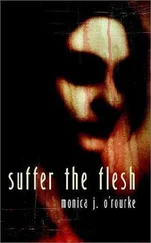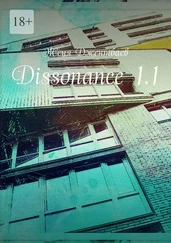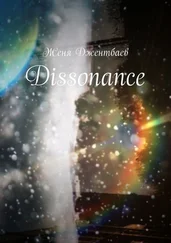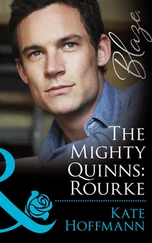“The only thing he wants is your grandmother. I know you and Addie don’t need a chaperone, but he does.”
Understanding dawned. “You want us to watch him,” I said. “Not the other way around.”
“Addie can supervise you both, and ultimately, she’s in charge. But he listens to you better than any of us. He always has.”
True enough. After Addie had started school, Monty and I were often left alone together. “Walk with me, Del,” he’d say, holding out his hand, and we’d go exploring. Echoes had a music of their own, he swore, and he’d taught it to me alongside our piano lessons. I’d listened to him back then, and now he was returning the favor.
“We’re going to have to do something about him, but . . .” She trailed off, touched the pendant hanging around her neck. A miniature tuning fork, identical to Addie’s. Every Walker had one. Every licensed Walker. “I’m not ready to send him away.”
To a facility. A “home” where he’d be supervised and medicated, tethered to the Key World. Nothing would kill him faster.
“Don’t look at me like that. We’re hoping that working with you will keep him out of trouble.” She reached out, tucked a lock of hair behind my ear. “You look like her. My mother.”
I’d seen the picture in the hallway, but not the resemblance. It was my grandparents’ wedding portrait, my grandmother lifting her chin to face the camera straight on. Everything about her seemed strong and forthright, from her dark, intelligent eyes to her generous smile. She was the kind of beautiful that people called striking. The best I could hope for was “cute,” but people were usually talking about my height, not my looks. I heard “lovely” a lot too, as in, “Del could be lovely if she’d do something about those clothes/that hair/her attitude.”
“Is that why I’m his favorite?”
She straightened the sheet music propped on my stand, tracing the intricately carved mahogany. Like the violin, it had belonged to my grandmother. Monty had insisted I use them; they were my only connection to her. “You look like my mother, but you and Monty are peas in a pod. You’ll watch out for him, won’t you?”
I snapped the case shut. If it would keep him out of a home, how could I say no?
Later, while my family slept, I stared at the stars spinning from the rafters and tried to imagine what my life would be like if I failed. If I never Walked again. Every choice irrevocable, every decision fixed. Never seeing the beauty and possibility of Echoes again. How did people live like that? The thought made my skin feel two sizes too small, and my legs prickled like pins and needles.
Sometimes I worried about liking the Echoes too much. There’s a danger in being drawn to something that’s not real, in giving yourself to something you can never be a part of, instead of making your life where you are. But those infinite worlds, with their infinite potential, beckoned irresistibly.
I slipped out of bed, back into my bulky cardigan and a pair of old jeans. They were more holes than denim, but the fabric was worn to blankety softness. I twisted my hair back into a knot, tucked a pack of notepaper into my pocket, and crept outside.
Maybe it was stupid to go out by myself, especially after the Consort had told me not to. But the thought of being under Addie’s thumb for the next six months was suffocating. I wanted one last night where my choices were my own.
I took small steps, shifting through incrementally different worlds, drawing out the feeling of power and freedom. I listened with my whole body—skin and muscle and blood and bones—my entire being attuned to the music of the universe. Most Walkers said the other worlds were full of noise, but they were wrong. There was beauty in it, if you listened.
The doughnut shop was closed for the night. The streetlights turned the plate-glass window reflective, and I looked pale and wild-eyed. But I looked happy, too, in a way I often didn’t in the mirror over my dresser.
A few blocks away I could hear the twang of guitar and the throb of bass. The show at Grundy’s. Simon’s invitation. He might have changed his mind. He might not remember he’d asked me . . . but I wanted him to.
A light rain started to fall, and I headed toward the music, looking for Simon.
Simon and trouble.
Direct contact with an Echo will intensify your perception of a world’s frequency and heighten their awareness of you. Therefore, it is essential to limit physical contact with individuals in Echo worlds.
—Chapter Five, “Physics,”
Principles and Practices of Cleaving, Year Five
DIM LIGHTING. ALT-COUNTRY band on the cramped stage. The smell of sweat and cheap beer and fresh pizza. The booths were filled with chattering women, biker couples, and Echoes of my classmates, wedged five to a side in booths meant to fit three. I veered to the opposite end of the room, tapped the bartender on the arm, and ordered a rum and Coke. When he asked, I passed over my fake ID—much higher quality than Park World Simon’s—and feigned boredom while he scrutinized it.
Drink in hand, I eased closer to the stage and leaned against a wooden post. The band was good—exactly the right amount of ache in the singer’s alto, raw but not emo, with the bright, unexpected notes of a mandolin weaving through. I didn’t get to simply appreciate a song that often; some part of my brain kicked in and started analyzing it, as if a frequency might be hidden within the notes.
I sipped my drink, letting the sugar bolster me and the alcohol relax me, and scanned the crowd. No Simon. Maybe he’d decided not to come. If so, there was an Echo nearby where he’d done the opposite. I could find it if I was willing to put in the effort. Then again, tracking him down across a bunch of random realities was a lot of work for a guy I barely knew—in this universe or any other.
The glass was sweating. I wiped my hand on my jeans and tried not to feel hurt that he wasn’t here. It was late. It was a school night. The practical thing to do was go home and crash.
“Drummer’s not bad,” Simon said from behind me, so close his breath ruffled my hair.
Practicality is overrated.
Pushing back the smile threatening to break loose, I turned. “Most people focus on the guitarist. Or the singer.” I had a vague memory of Original Simon playing drums when we were in junior high. “You play?”
“Sometimes.” He braced one arm against the post, silver spike glinting at his wrist. “I was starting to think you stood me up.”
“I didn’t realize this was a date.” I hadn’t even been certain he’d remember me. Then again, it had been less than twelve hours since we’d spoken. Not long enough for him to forget, but plenty of time for my life to be turned inside out. “You never asked me.”
“I didn’t?” The light was too low to read his expression—if he was teasing, or disappointed, or genuinely curious. All I had to go on was the sound of his voice—a little rough, a little warm. “Serious mistake on my part. I could ask you now.”
“We’re already here. The timing’s off.” Curious how a different Simon made me different too.
“What if we went somewhere else? Somewhere quieter?”
I choked on my drink. “That’s kind of fast,” I said. “Even for you.”
“For coffee, Del.” He laughed, his eyes full of mischief. “What did you think I meant?”
“Nothing.” I felt the blush spread along my cheeks and hoped he wouldn’t notice. He offered me his arm, and I took it, the muscles like iron under my hand. He sounded the same as he had in front of the bakery—dissonant but stable, a steady rhythm that matched my pulse. Already his frequency was etched in my mind. “Coffee?”
Читать дальше
